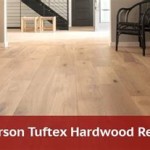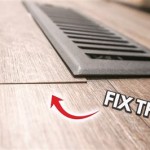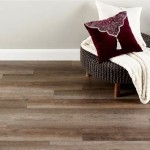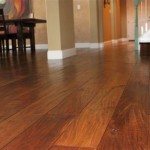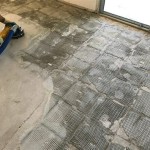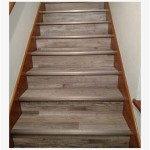What Are the Advantages of Vinyl Flooring?
Vinyl flooring has become a popular choice for homeowners and commercial spaces alike due to its numerous benefits. From durability and affordability to versatility and ease of maintenance, vinyl flooring offers a compelling alternative to traditional flooring options like hardwood, tile, or carpet. This article will delve into the key advantages of vinyl flooring, exploring its practical and aesthetic attributes that make it a wise investment for any space.
Durability and Longevity
One of the most significant advantages of vinyl flooring is its exceptional durability. Vinyl is a resilient material that can withstand heavy foot traffic, making it ideal for high-traffic areas like kitchens, hallways, and entryways. Unlike hardwood, which can be prone to scratches and dents, vinyl is highly resistant to wear and tear. Furthermore, vinyl flooring is waterproof and moisture-resistant, making it an excellent choice for bathrooms, kitchens, and basements where spills and moisture are common. Its ability to withstand moisture also makes it suitable for areas prone to humidity or dampness.
The longevity of vinyl flooring adds to its appeal. With proper care and maintenance, vinyl flooring can last for decades, making it a long-term investment. Unlike carpet that needs to be replaced every few years, vinyl flooring can retain its appearance and functionality for a significantly longer period, saving you money and hassle in the long run.
Affordability and Value
Another key advantage of vinyl flooring is its affordability. Compared to other flooring materials like hardwood, stone, or tile, vinyl is significantly more budget-friendly. It provides a cost-effective way to upgrade your home's aesthetics without breaking the bank. The affordability of vinyl flooring extends beyond initial installation costs. Its durability and longevity mean you'll spend less on repairs and replacements over time, making it a wise financial decision.
Vinyl flooring's value proposition further strengthens its appeal. While it offers a lower initial cost than other flooring options, it doesn't compromise on quality or style. Modern vinyl flooring comes in a wide range of designs and styles, mimicking the look of natural materials like wood, stone, or tile, making it a versatile and visually appealing option for any home décor.
Versatility and Style
Vinyl flooring offers exceptional versatility in terms of design and style. Modern vinyl flooring comes in a vast array of colors, patterns, and textures to suit any décor preference. From classic wood plank styles to contemporary geometric designs, there's a vinyl flooring option to complement any aesthetic. The availability of various thicknesses, finishes, and textures further enhances its versatility.
The ability to mimic the look of natural materials like wood, stone, or tile adds to vinyl flooring's versatility. You can achieve the aesthetic appeal of these high-end materials without the associated costs and maintenance requirements. This versatility allows you to create different looks and moods within your home, seamlessly transitioning between different spaces with a consistent design theme.

Pros Cons Of Vinyl Flooring Eric Wright Carpets

Post Nbl Express Eco Flooring

Laminate Vs Vinyl Flooring Pros And Cons How To Choose Lx Hausys

17 Advantages Of Vinyl Plank Flooring Lvp Over Wood Or Stone And Beyond Blog

Benefits Of Luxury Vinyl Tile Hardman S

The Risks And Disadvantages Of Vinyl Flooring City Floor Supply Blog

8 Reasons You Should Consider Luxury Vinyl Plank Flooring

Luxury Vinyl Flooring Pros And Cons I Never Thought We D Do This To Our Main Floor Diy Life

5 Benefits Of Vinyl Plank Mannington
Pros And Cons Of Luxury Vinyl Flooring In Basements
See Also
